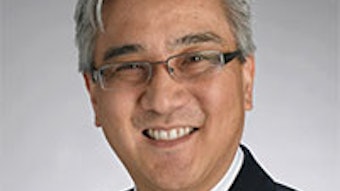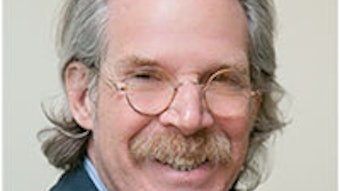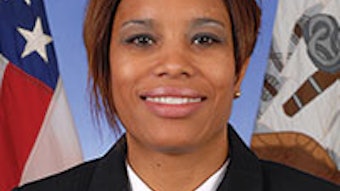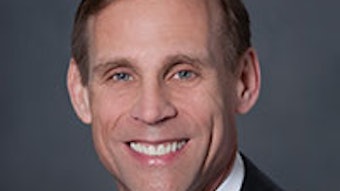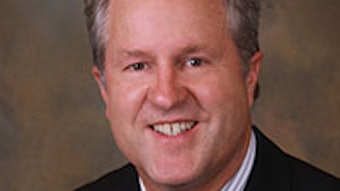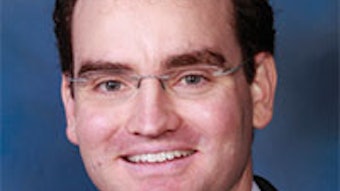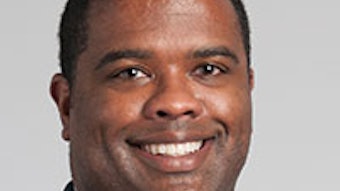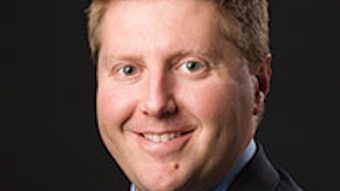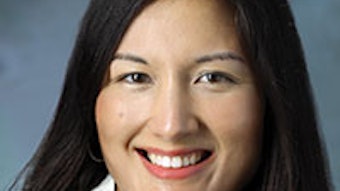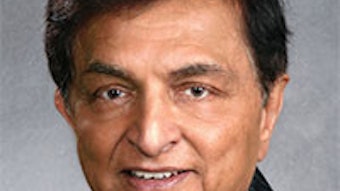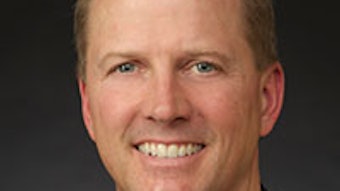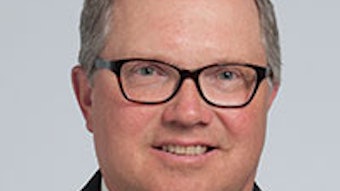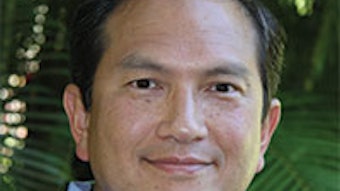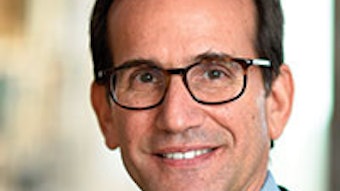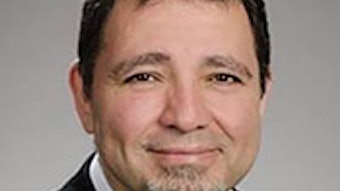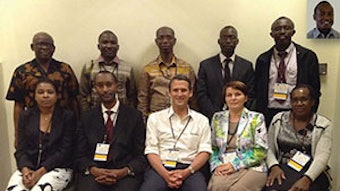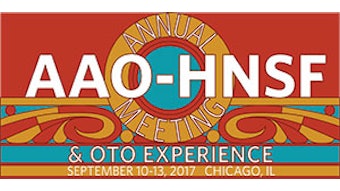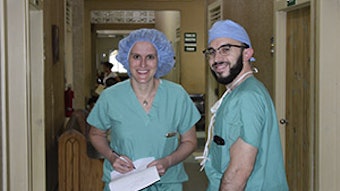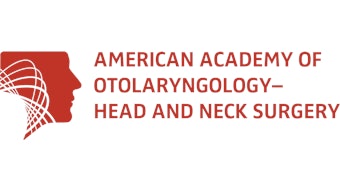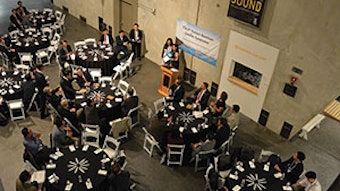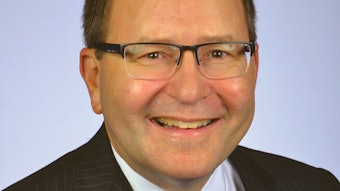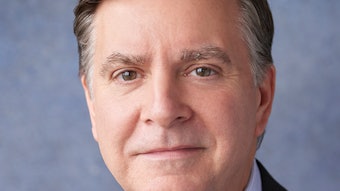A persistent pursuit for patient hearing health
Intrinsic to the privilege of caring for people is our obligation for patient advocacy so as to provide the best care for the individual as well as ultimately for all patients. The unmet needs for hearing aids has been and continues to be a major area of focused patient advocacy.
Robert J. Ruben, MD
 Robert J. Ruben, MD, testifies before the U.S. Senate in 1973, accompanied by his son.
Robert J. Ruben, MD, testifies before the U.S. Senate in 1973, accompanied by his son.
In 1973, the American Association for Retired People (AARP) asked me to be a witness for them at the hearings before the Subcommittee on Consumer Interest of the Elderly on the Special Committee of the U.S. Senate concerning hearing aids and the older American. I had a written testimony and ancillary documents, which are now part of the Congressional Record.
I explained to the committee the very real need for otological examinations of patients before they had a hearing aid to make sure there were no diseases that needed to be cared for which might alleviate the hearing loss and/or preserve function. This was documented by a number of case histories of my own patients who had delayed diagnosis because they had not been otologically evaluated before receiving the hearing aid. Also, I conducted an analysis of the economics of hearing aid distribution, and at that time, there was the need for establishing more efficient marketing. I illustrated this with what I had observed at that time in Europe. My testimony was of no avail.
Fifteen years later, in1988, I addressed the FDA Panel on Hearing Devices. I proposed three regulations, two of which were accepted: 1) the package insert that stated the device could be used for a month, and if not satisfied with the results, the individual could return it for a modest rental fee and 2) the requirement for a medical examination of children under 18. The adults were excluded from the medical evaluation.
Lesson learned is that advocacy, the relentless persistence of a rational agenda for patient betterment, will succeed over time; not all at once, but incrementally. We must be tenacious on behalf of our patients.
